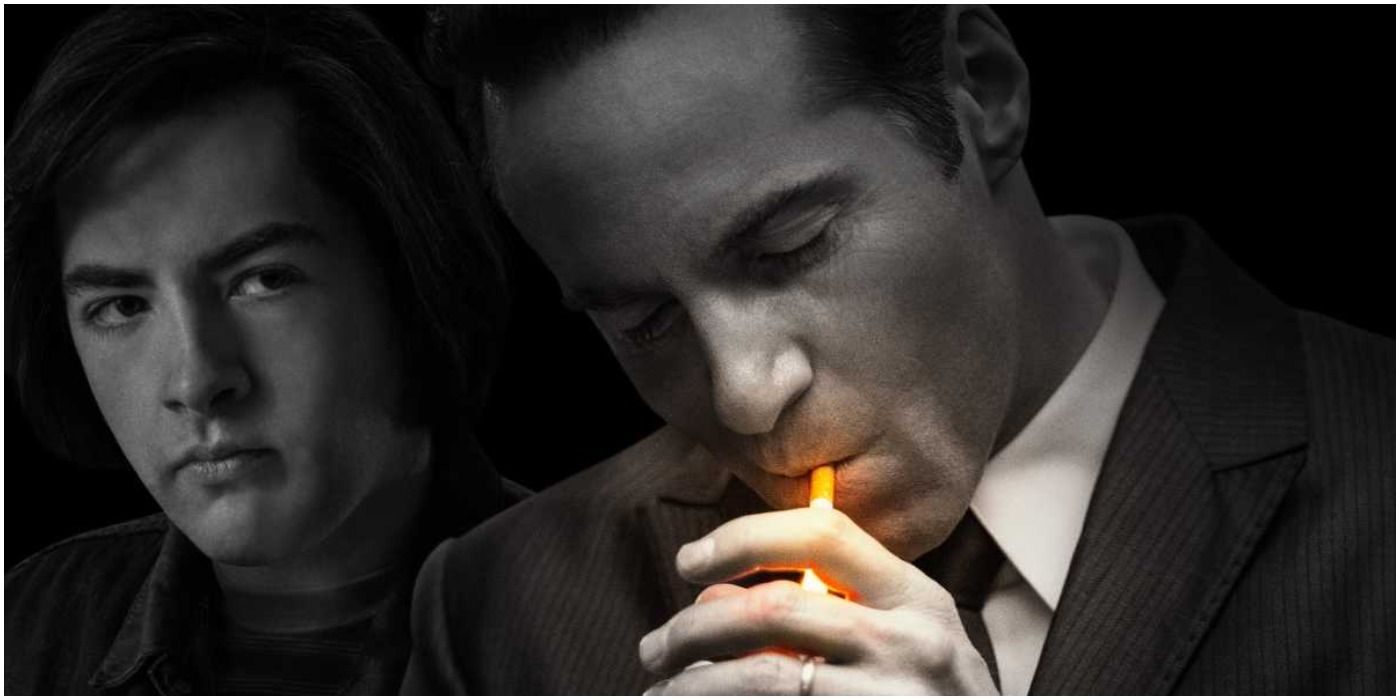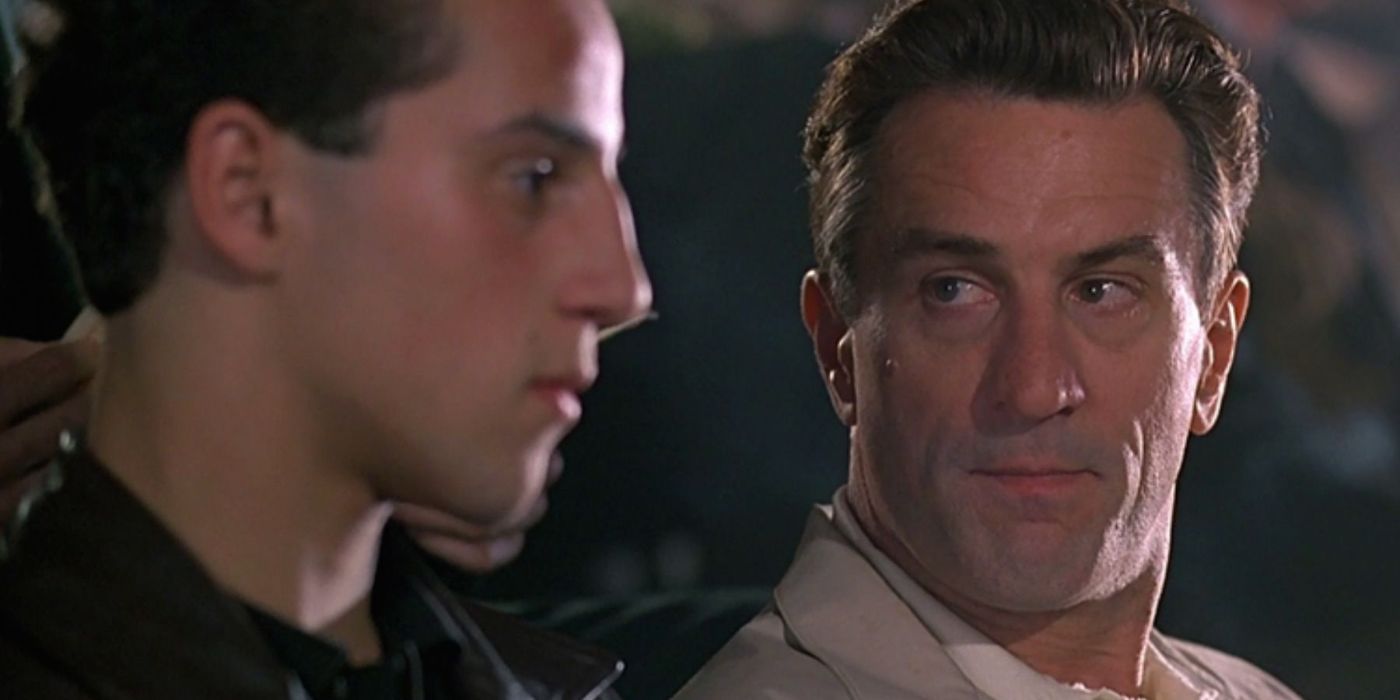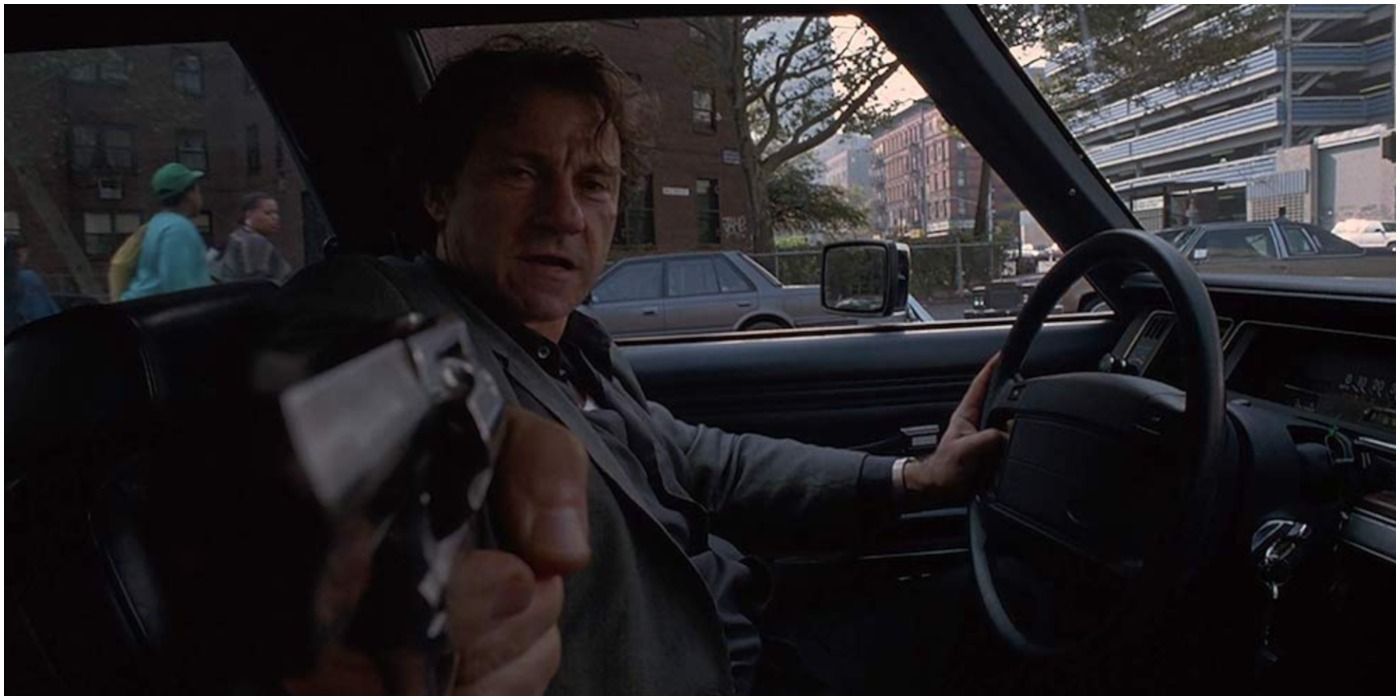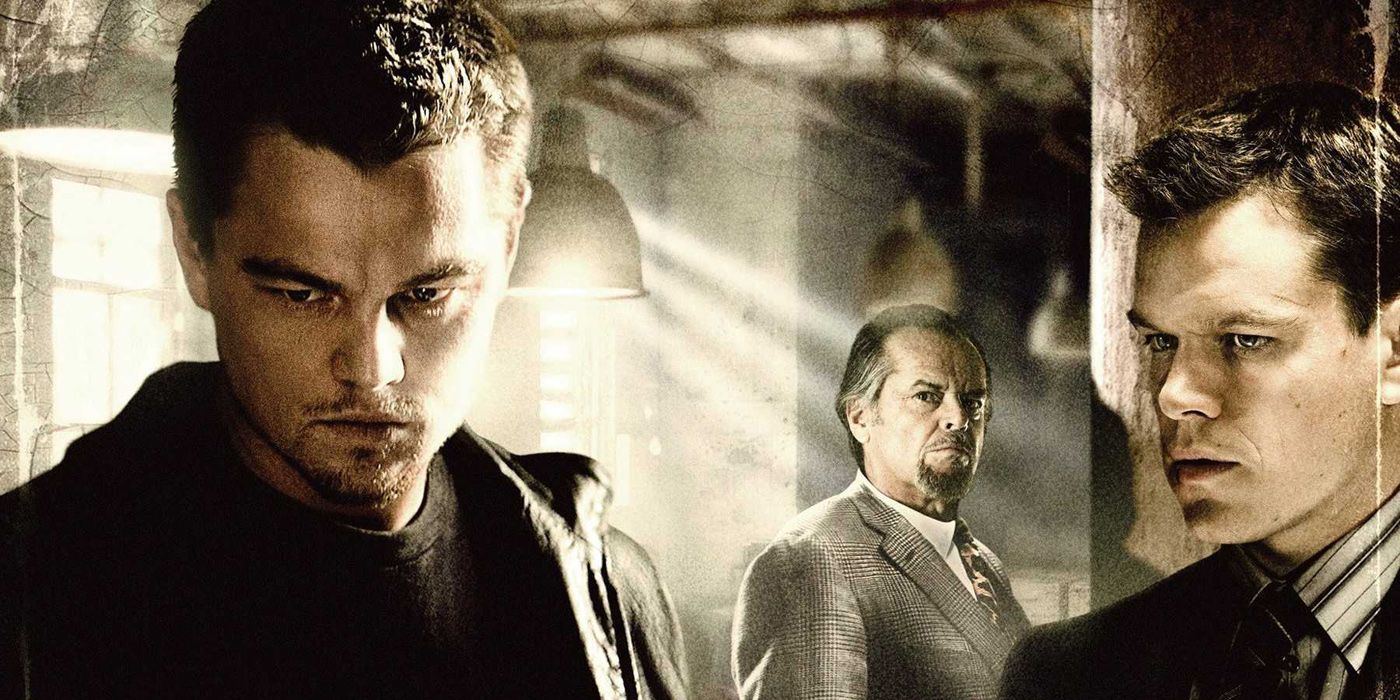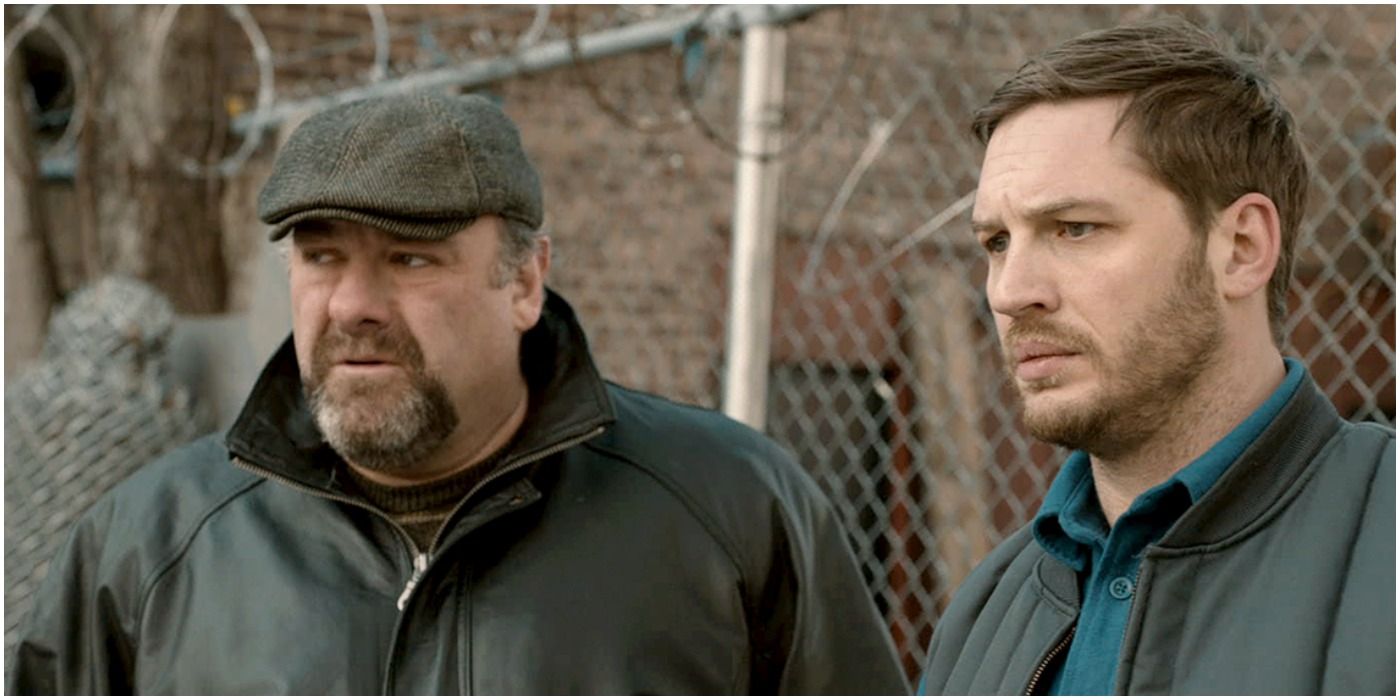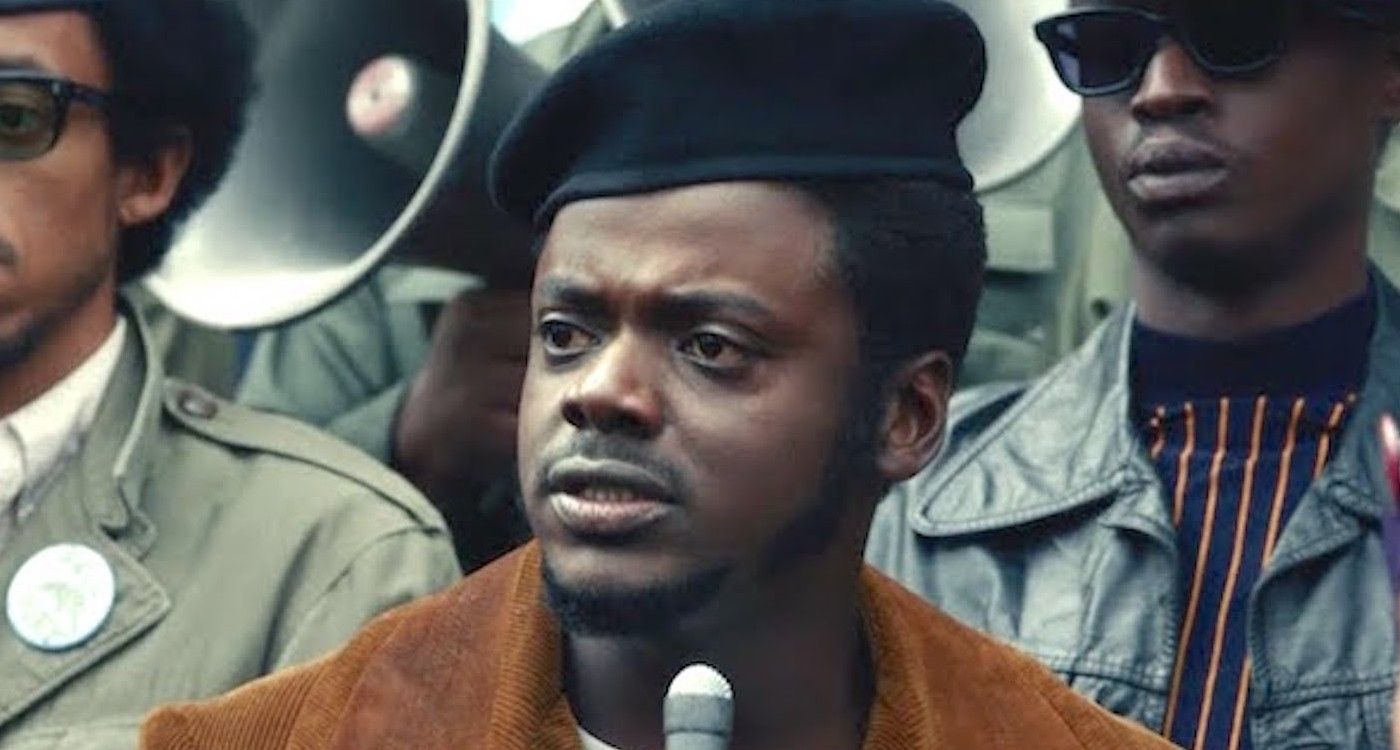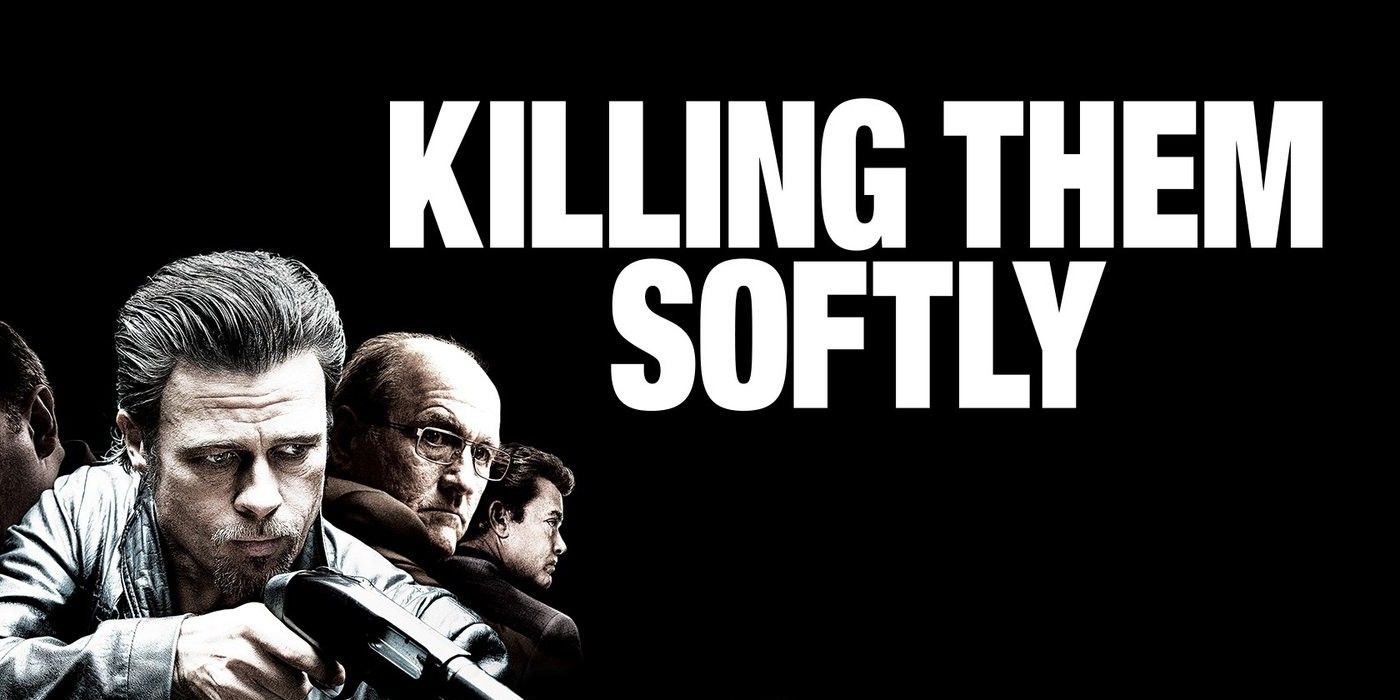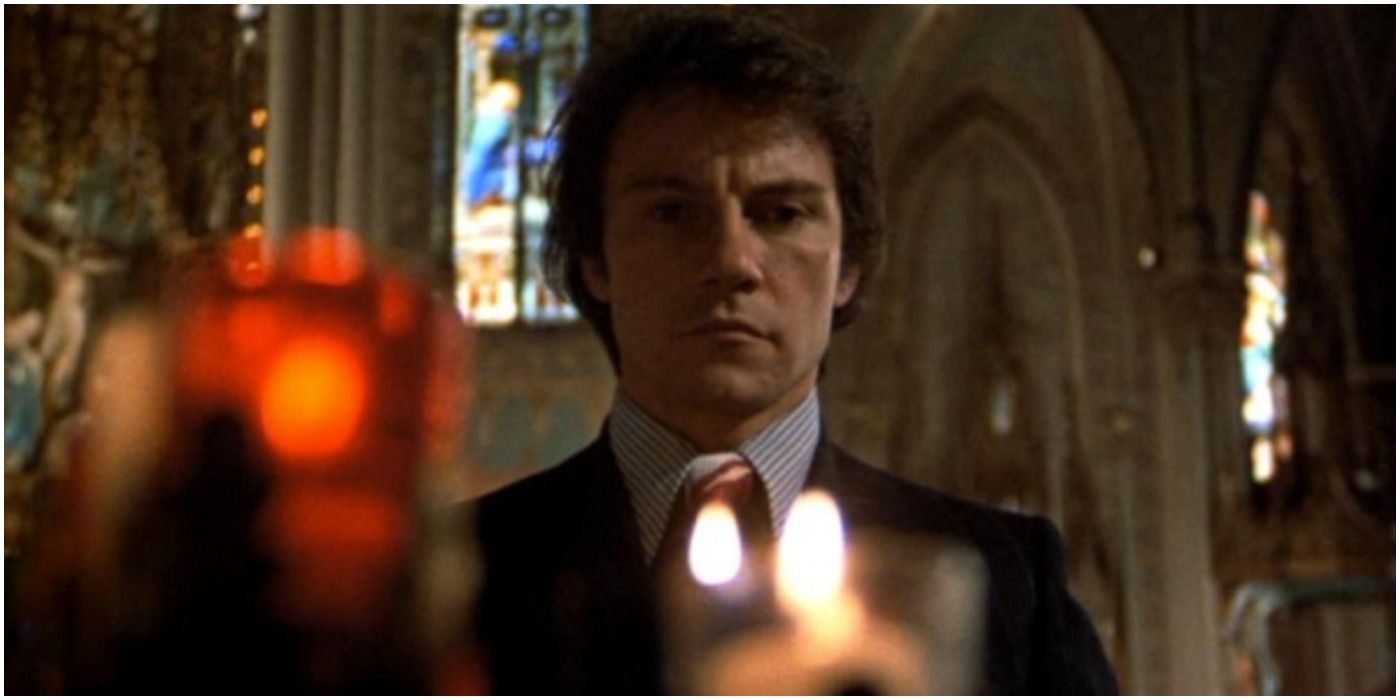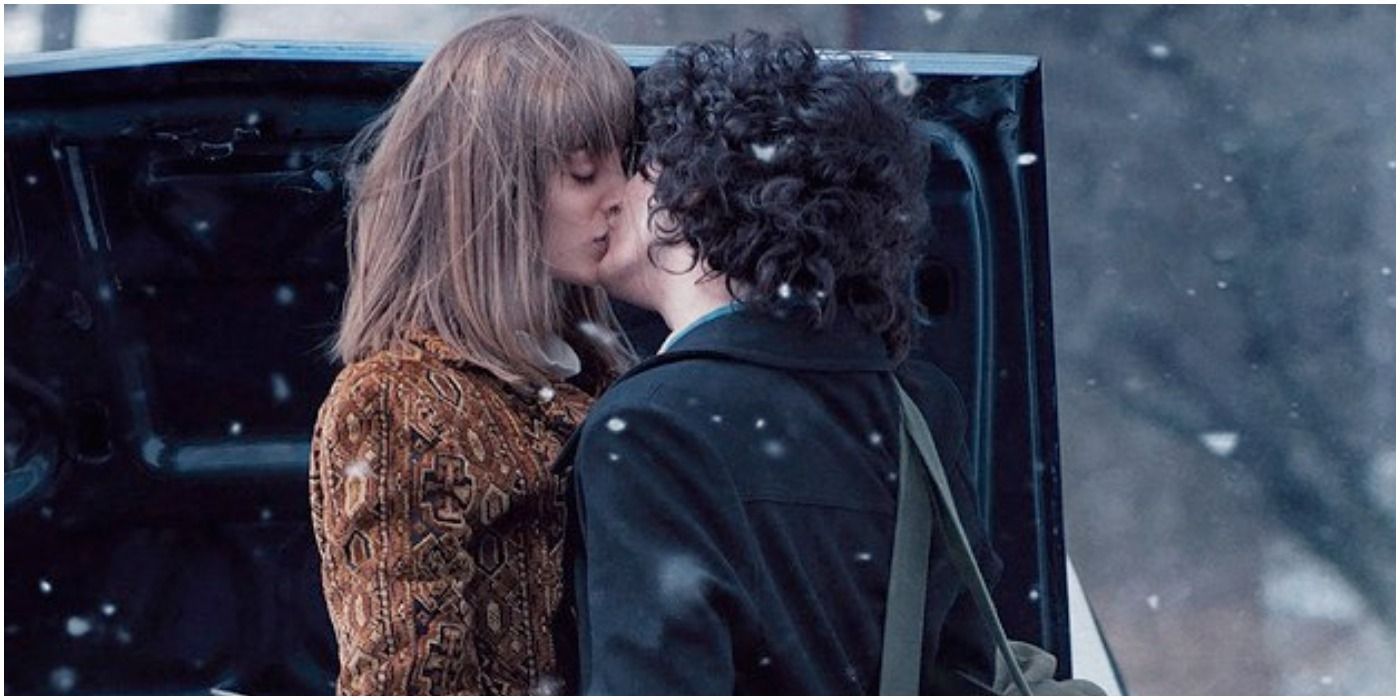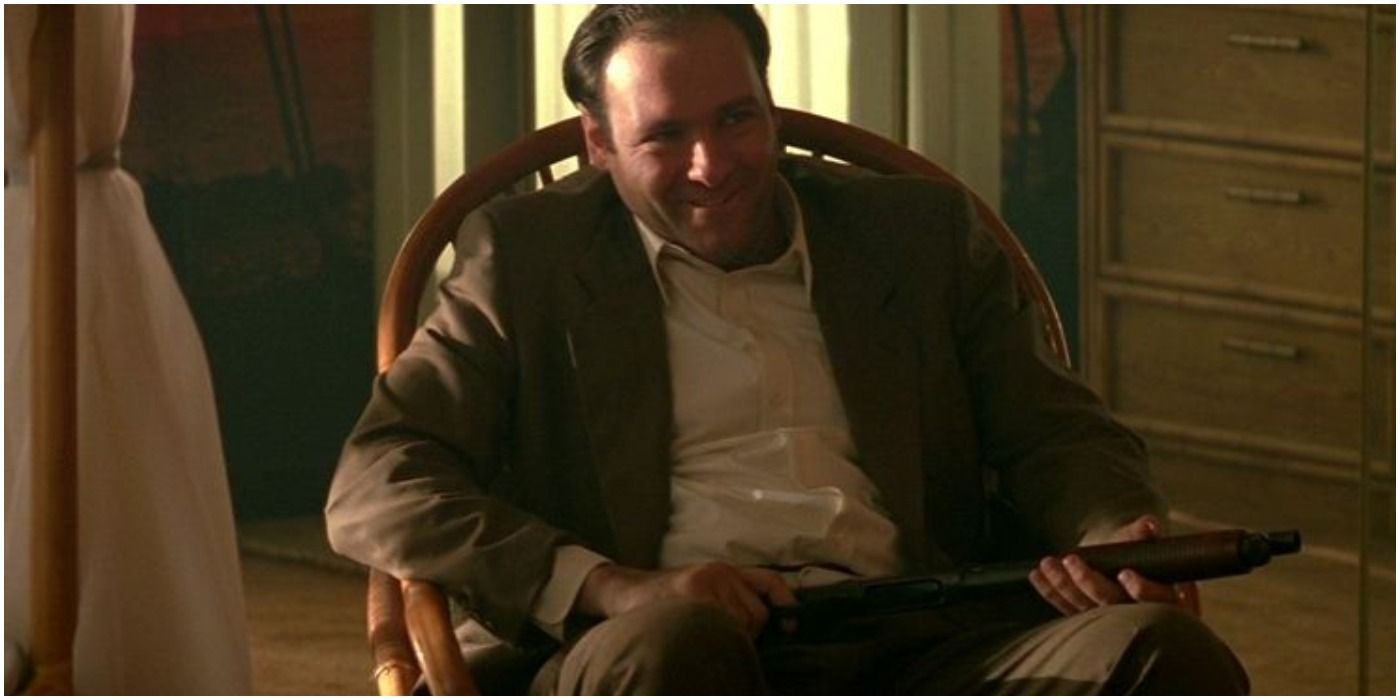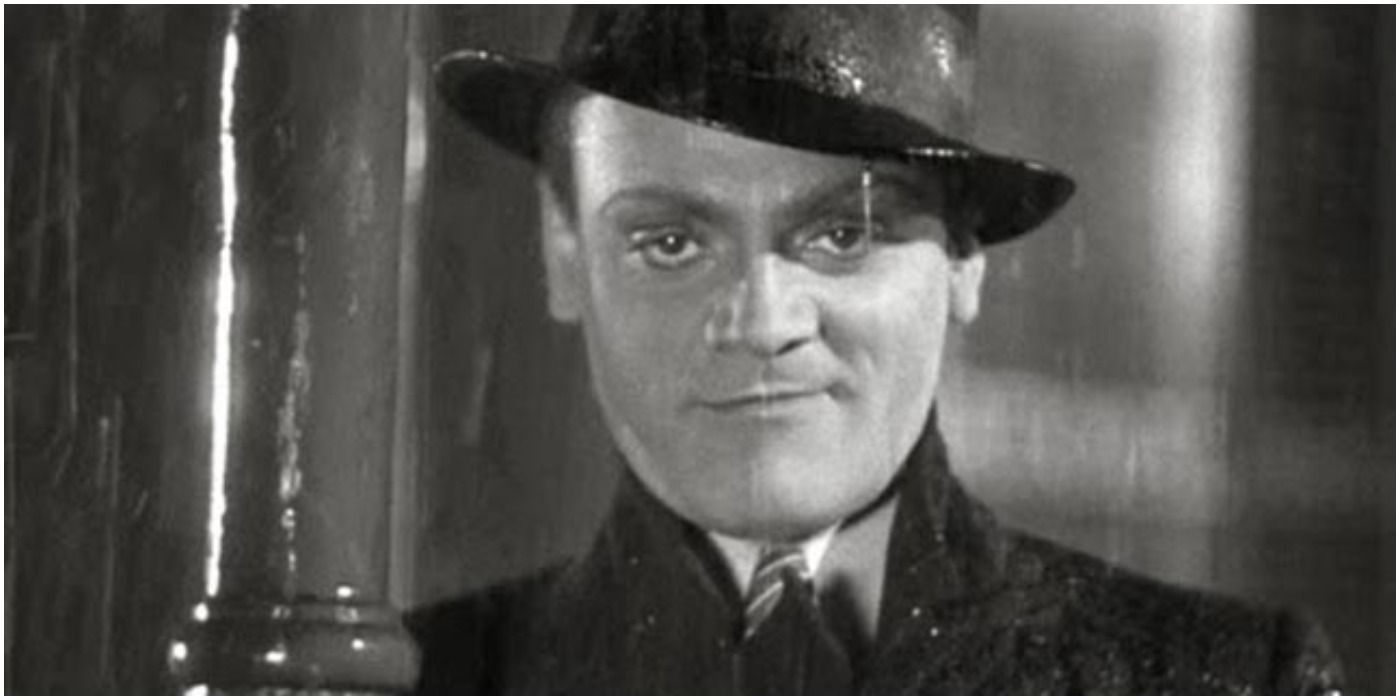After a long wait, The Many Saints Of Newark has premiered in theaters and on HBO Max alike. A prequel to The Sopranos, the film was marketed as the origin story of Tony Soprano. While the young Tony (Michael Gandolfini, son of Tony's original actor -the late, great James Gandolfini) is an important piece of the narrative, it's really the story of Dickie Moltisanti, Tony's mentor.
Fans of The Sopranos should give The Many Saints a shot, and if the hunger for similar films is still there afterward, here are ten choices that feature similar stories and themes.
10 A Bronx Tale Is A Gangster Coming Of Age Tale
Robert De Niro made his directorial debut adapting Chazz Palminteri's semi-autobiographical play. Both director and writer show up onscreen as two competing father figures for protagonist Calogero - De Niro as the boy's straight-shooting, bus driver father Lorenzo, Palminteri as neighborhood gangster Sonny. Sopranos fans might recognize the teenage Calogero, Lillo Brancato Jr., as Season 2 character Matt Bevilaqua.
Both A Bronx Tale and Many Saints are coming-of-age stories set in the world of the Mafia. They also both conclude with a funeral - Calogero choosing to lead a different path from his deceased mentor, Tony damning himself to follow Dickie to Hell.
9 Bad Lieutenant Has The Same Mix Of Gritty Urban Crime And Spirituality
The obvious forebears for The Sopranos are The Godfather and Goodfellas - together, the three represent an unholy trinity of gangster cinema. However, the series' influences don't end at Coppola and Scorsese. In their book "The Sopranos Sessions," critics Matt Zoller Seitz & Alan Sepinwall note the works of Abel Fererra as the main influence for The Sopranos more spiritually-themed episodes. One such film is Bad Lieutenant.
Harvey Keitel plays an unnamed NYPD Lieutenant. Addicted to every vice there is, the Lieutenant experiences a surge of Catholic guilt while investigating a rape case. He's quite similar to Dickie Moltisanti - a bad man compelled by self-loathing to put a bit of good in the world.
8 The Departed Is Further Proof Of Vera Farmiga's Talent
One of the highlights of Many Saints was Vera Farmiga as Livia Soprano. Perfectly matching the late Nancy Marchand's cadence and essence, she evokes surprising sympathy for one of David Chase's most loathsome characters. This isn't her first time in a gangster film - she previously played psychiatrist Madolyn Madden in The Departed. As the dual love interest of Costigan (Leonardo DiCaprio) and Sullivan (Matt Damon), Madden could've been a thankless role on paper, but Farmiga makes it work even if she's nowhere near the flashiest performer onscreen.
7 The Drop Features James Gandolfini's Last Performance
No other role of James Gandolfini's out-shined Tony Soprano, but the man brought 110% to every part he performed. His last film, released posthumously in 2014, was The Drop. Adapted by Dennis Lehane from his short story "Animal Rescue," Gandolfini features as Marv, cousin of protagonist Bob Saginowski (Tom Hardy). Marv is no boss like Tony - once leader of a small-time crew, he was pushed out of the game by bigger players, and no longer even owns the bar bearing his name. Not many actors can make Tom Hardy seem uncharismatic in comparison, but for his last act, that's just what Gandolfini does.
6 Judas And The Black Messiah Covers Political Turmoil In A Similar Time-Frame
The genesis of The Many Saints is the 1967 Newark riots, kicked off by police brutality against the city's black population. Chase had initially planned to make a film about the riots, but as is the case in Hollywood, he could only get funding by slapping a recognizable name onto the project. Thus, his passion project became a Sopranos prequel.
The riots do feature in the film, and Harold McBrayer (Leslie Odom Jr.) raises themes of 1960s black America, but these are more a backdrop than a focus. For a film that deals with these more directly, check out Judas And The Black Messiah. Daniel Kaluuya, portrayer of the titular messiah, aka Fred Hampton of the Illinois Black Panthers, gives a performance of pure dynamite charisma.
5 Killing Them Softly Feels Apiece With The Sopranos
The Sopranos is many things. Among them, a masterful black comedy - according to David Chase, the punchline of the series is "What if things had become so selfish and narcissistic in America that even the mob couldn’t take it?" Another gangster story that asks this question is Andrew Dominik's Killing Them Softly.
Released in 2012 but set in 2008, Killing Them Softly shows the sorry state of the mob at the dawn of the financial crisis - organized crime a metaphor for the country itself. The film even features James Gandolfini as over-the-hill hitman Mickey, Ray Liotta ( who appeared in Many Saints after sitting out The Sopranos), and Vincent "Johnny Sack" Curatola.
4 Mean Streets Was When Scorsese Came Into His Own
"You don't make up for your sins in church. You do it in the streets. You do it at home. The rest is bullsh*t and you know it." Charlie (Harvey Keitel) tells these words to himself in the opening of Mean Streets and they are the ethos for Scorsese's gangster films. A very Catholic filmmaker, Scorsese examines the contradictions between a criminal life and his own faith. Charlie's turmoil also mirrors Dickie's in Many Saints.
Mean Streets was the breakout for Keitel and Robert De Niro (as Charlie's trouble-making cousin Johnny, one year before his turn as a young Vito Corleone). On top of that, it also features an early appearance by David Proval, who played Richie Aprile on The Sopranos.
3 Not Fade Away Is David Chase's Only Feature Film
David Chase's dream was to be a director - even as he revolutionized the medium of TV with The Sopranos, his mind was always on the silver screen. Having ceded directorial duties to Alan Taylor with Many Saints, his sole feature is Not Fade Away. The film is a 60s-set, semi-autobiographical drama about Douglas Damiano (John Magaro, who played the young Silvio Dante in Many Saints), an aspiring musician from a suburban, Italian-American family in New Jersey. Chase's experience writing for TV has shaped his storytelling towards serialization- Not Fade Away has the same episodic narrative of Many Saints, and though nowhere near as violent, covers many of the same pet themes as Chase.
2 James Gandolfini Steals The Show In True Romance
Reservoir Dogs introduced Quentin Tarantino to the public, but the first screenplay he sold was True Romance. Directed by Tony Scott, the film's writing still feels like Tarantino, albeit rough around the edges. Scott also assembles a spectacular cast more than capable of delivering the dialogue's idiosyncrasies. Among them is James Gandolfini, who puts in a brief but magnetic turn as mob enforcer Virgil. In Virgil's sinister grin, you can see the beginnings of Tony Soprano.
1 The Public Enemy Is The Original Gangster Film
One of David Chase's favorite films, and one he's cited as an influence, is The Public Enemy. Directed by William A. Wellman, the film made a star of James Cagney - he plays Tom Powers, a young criminal who climbs the ladder of the Chicago mob in the early 20th century. As a nod to its influence, the film is featured on The Sopranos (in the episode "Proshai, Livushka" when Tony watches it to cope with the death of his mother). The episode only offers brief glimpses, however, and The Public Enemy demands one's full attention.

